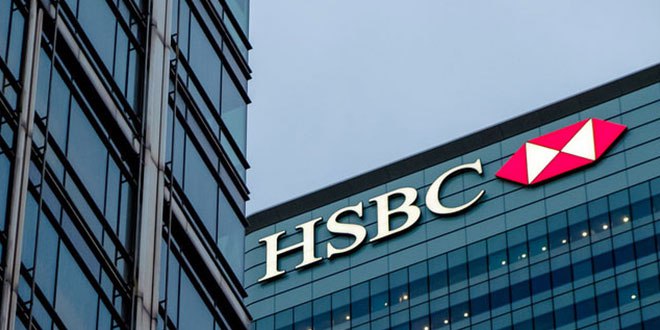An International corruption watchdog, Global witness has asserted that five international UK banks helped fuel corruption in the world’s largest black nation by accepting millions of dollars in deposits from dubious politicians from Nigeria according to its report released by Aljazeera.
Gando-Dollar: Kano State Assembly to Proceed with Investigation of Governor
The report numbering 40 pages was released on Sunday and accused five top banks in the United Kingdom of deliberately failing to investigate the source of tens of millions of dollars taken from two Nigerian governors in particular accused of corruption.
According to Robert Palmer, a campaigner at Global Witness;
“Banks are quick to penalise ordinary customers for minor infractions but seem to be less concerned about dirty money passing through their accounts. Large scale corruption is simply not possible without a bank willing to process payments from dodgy sources, or hold accounts for corrupt politicians.”
Global Witness named the banks to include; Barclays, NatWest, Royal Bank of Scotland (RBS) and HSBC, as well as Switzerland’s UBS.
The corruption watchdog however admitted that the banks might not have broken any laws by accepting the cash from the corrupt individuals, it however advocated that the Financial Services Authority (FSA) must do more to prevent money laundering through British banks from former British colonies.
Excerpts from the report titles, ‘International Thief Thief read;
“The FSA needs to do much more to prevent banks from facilitating corruption. As yet, no British bank has been publicly fined or even named by the regulators for taking corrupt funds, whether willingly or through negligence.
This is in stark contrast to the United States, where banks have been fined hundreds of millions of dollars for handling dirty money.”
Responding swiftly to the report however, one of the aforementioned banks, HSBC dismissed the allegations in the report, saying that it had taken the lead in sealing holes in the financial system, especially in respect of funds from “politically exposed persons” (PEPs) deemed to pose a high money laundering risk.
According to a spokesperson for the HSBC who spoke to Reuters;
“As a bank that has been at the very forefront of developing global PEP guidance over the last decade, we are deeply disappointed with these misguided allegations.
Rest assured rigorous and robust compliance procedures were followed diligently. To ignore this is to ignore the facts.”
Three of the indicted banks, Barclays, HSBC and UBS are all members of the Wolfsberg Group; an international body set up in 2000 with a mission to upgrade global anti-money laundering procedures.
Global Witness said its findings were based on court documents from cases brought before London courts by the Nigerian government in its efforts to recover looted funds stolen by former governors Diepreye Alamieyeseigha of Bayelsa state and Joshua Dariye of Plateau state.
Alamieyeseigha had been accused of corruption after he was caught with about $1.6m in cash at his London home. He spent some time in a Nigerian Prison after pleading guilty to charges of embezzlement and money laundering.
Dariye had also been arrested in London back in 2004 and was found to have purchased properties worth millions of dollars even though his legitimate earnings amounted to the equivalent of $63,500 a year.



Leave a Reply